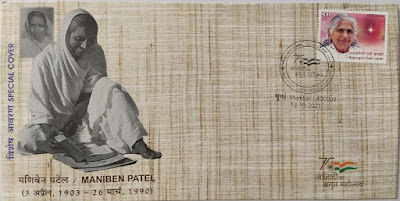Siddharoodha Swami (1836-1929) was a revered Hindu saint and yogi from Karnataka, India, known for his spiritual teachings and contributions to Advaita Vedanta. Born on 26 March 1836 in Chalakapur near Haveri, Karnataka, he showed an early inclination toward spirituality and renounced worldly life to become a wandering ascetic. Under the guidance of his guru, Gajadandaswami, Siddharoodha Swami mastered yogic practices and attained deep spiritual insights.
He founded an ashram in Hubli, Karnataka, which became a center for spiritual learning and social service, attracting numerous disciples. Siddharoodha Swami's teachings emphasized the non-dual nature of the self (Advaita Vedanta), universal brotherhood, love, and simplicity in living. He guided many on their spiritual journeys, including notable disciples like Swami Muktananda.
Siddharoodha Swami attained Mahasamadhi on August 21, 1929. His samadhi is located in the Siddharoodha Math in Hubli, which continues to be a pilgrimage site. His legacy endures through his teachings and the spiritual community he inspired.









